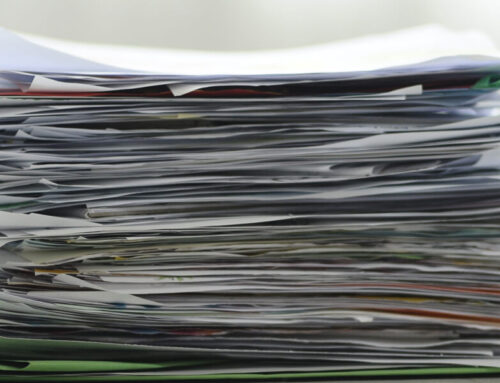One of the worst problems any individual or family must deal with in life is that of poverty. It robs people and families of their dignity. With that, issues such as mental health problems, diminished self-worth and a decreased drive to rise up and overcome all come into play.
Beyond those issues, there are the practical considerations of poverty. Lack of a stable home environment, malnutrition and starvation, inadequate or non-existent healthcare, and constant anxiety are but a few of the issues that families in poverty must deal with. Simply having what most take for granted — a roof over their head and healthy meals each day — can become way beyond their means.
Social services aim to help families falling through the cracks
Families living at or below the poverty line are at serious risk of falling through the cracks at any point. A missed paycheck, illness, trip to the hospital, or any number of scenarios can wipe them out. Quite often, they must rely on federal, state and local social services and child welfare programs to simply survive, such as Special Supplemental Nutrition Program for Women, Infants, and Children (WIC), food stamps, housing subsidies, Supplemental Security Income (SSI), childcare assistance, Medicaid, and more.
These services all come with a hefty price tag and represent a tremendous burden across the board for our society, but especially at the state and local community level, as much of the aid comes from programs in the local area.
This is all exacerbated when families are dealing with the one-two punch of broken homes and poverty. The grim reality is that in 2018, more than one in four children under the age of 21 in the U.S. were the product of a broken household and due some sort of custodial support. Making matters worse, approximately 30.1 percent of those families (6.6 mil) who were supposed to get child support lived below the poverty line.
Paper checks for child support make things much tougher for families
For custodial families who live in poverty, they exist day to day, simply trying to survive. Getting a payment on time of any type (partial or full) is of utmost importance. Unfortunately, many courts providing child support payments continue to utilize paper checks to make disbursements.
Beyond the cost burden, paper check disbursements create all sorts of potential problems for both the Clerk’s office and the custodial families waiting on payments each month, including:
- Reliance on convoluted processes
- Extended processing times
- Delayed payments
- Lost payments
- Payment re-issuance
- And more
Switching to electronic disbursements brings tremendous benefits
The good news is the fact that a cost-effective change in approach to digital disbursements can help custodial families living in poverty and the government offices that serve them.
Benefits to custodial families include:
- No need to cash or deposit checks, or to pay exorbitant associated fees for those unbanked or underbanked
- No lost checks and waiting for replacements
- Payments can be received any time of the month
- Ability to track payments
- Multiple types of transfer options
- Less at risk – they can count on timely payments when most needed
Benefits to state, county, and municipal government:
- Alleviates the cost and administrative burden of paper checks for child support payments
- Less burden on other social services in the community
- Produces taxpayer savings that can be allocated for other uses
- Proactively addresses issues of constituent (payee) dissatisfaction
- Demonstrates that the Clerk of Court and their staff are meeting campaign pledges to modernize their office by implementing technology that better serves the public
- Addresses desire of the Clerk and staff to do their part in alleviating childhood poverty
How courts can help
While no one can alleviate all the inherent problems facing custodial families living in poverty, the courts can go a long way in addressing the issues. And this, in turn, can potentially have a tremendous impact on social services in our communities.
Ultimately, by ensuring timely disbursements (loaded with options) that fit the needs of a custodial family when they most need the payment, your Clerk of Court office can help stand up recipients by providing the financial stability they desperately need.
Interested in learning more about how your court can make the switch from checks to electronic disbursements for child support payments? Sign up for a free, personalized demo of CourtFunds by clicking the big red button below.





